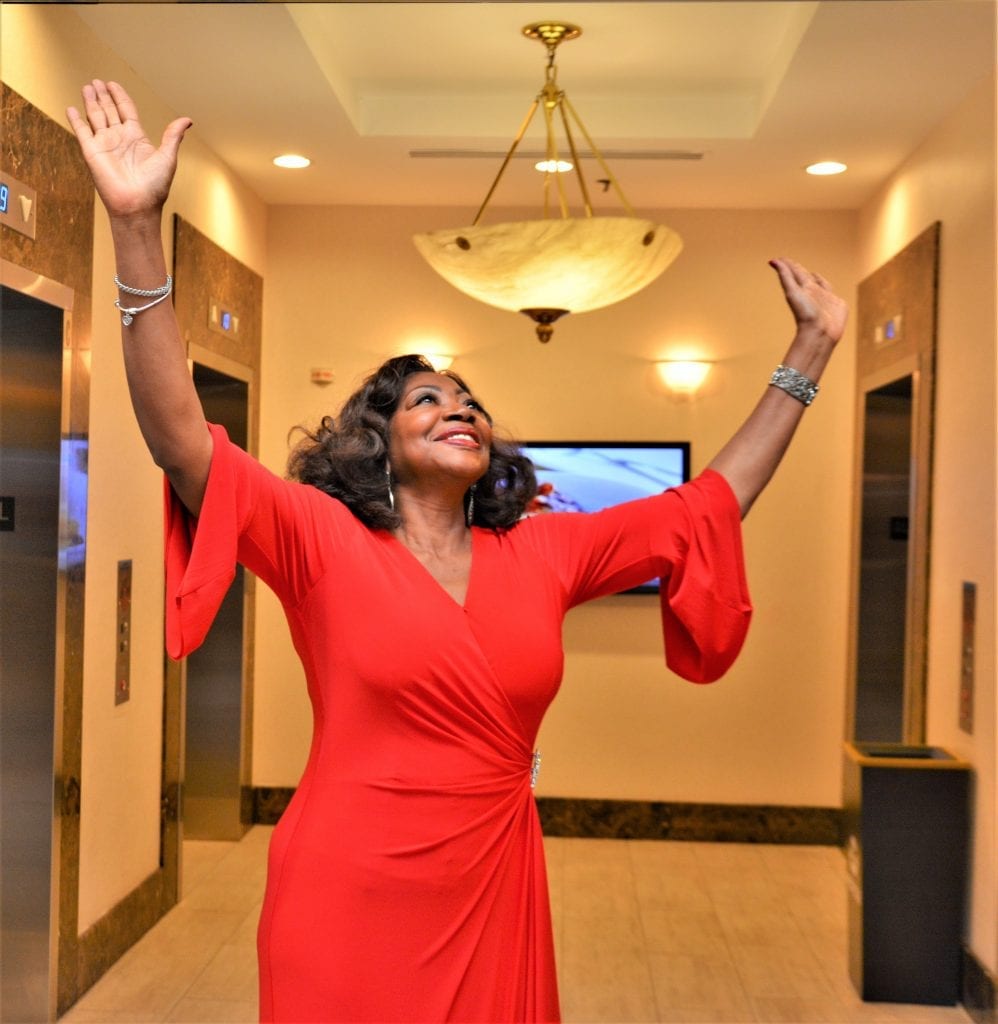African American Purchasing Power
Black Purchasing Power and Civil Rights
Market Research
A 2018 market research report by Selig indicates that African American spending is currently at $1.3 trillion. It is expected to reach the $1.5 trillion mark in 2020. According to Selig, there is a hike in African American entrepreneurship, increased attainment of post-high school education, and an escalation in population growth. Completion of university undergraduate programs has risen from 17 percent in 2000 to 23 percent in 2017.
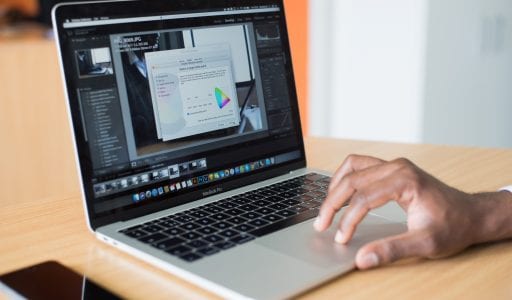
People of Color Hold a Growing Share of Buying Power in the American Economy United States:
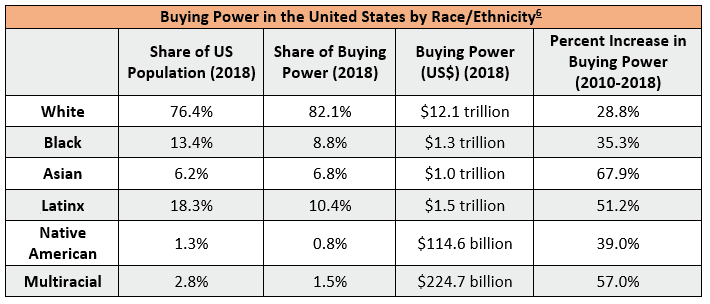
Jeffrey M. Humphreys, The Multicultural Economy 2018 (Selig Center for Economic Growth)
https://www.catalyst.org/research/buying-power/
Let’s examine what black people spend their money on.
According to Nielsen’s report, “Black Impact: Consumer Categories Where African Americans Move Markets.”

Granted, every non-black company has something we want to purchase. However, what do we give away when we don’t support black-owned businesses? I agree that it is inconvenient to purpose to support a company only because its black. There aren’t that many black businesses out there. So for those that are there, we should build them up.
Buying black builds black communities.
Spending on FMCG vs. Acquiring Assets
Now it needs to be very clear in our minds that an increase in our spending doesn’t equate to an increase in our wealth. Matter of fact, it is indicative of a decrease in wealth. Spending reduces the money we have, if not spent in the accumulation of assets.
See, I’m doing the math. We waste money on fast moving consumer goods and depreciating assets. Why do we need to purchase non-essential products? We consume FMCG instead of acquiring fairly priced appreciating assets such as stocks, real estate, treasury bonds, mutual funds, etc. 2018 market reports, showing that African American women spend $152 million on non-essential luxury fragrance, tell me that there’s money that we can invest collectively.
The $1.04 billion spent on shelf-stable juices and drinks show me that if we aren’t buying black, we are building every community except ours. We will then receive “gifts” in the form of charity, from those companies we have enriched! To begin with, how about not giving away that money!
Market research is designed to help advertisers entice consumers to spend more money on brands. It is not carried out for any other reason other than to learn how to get more of our money.
We should stop being so gullible.
Unity
Someone once said, “X family only gets together during funerals and weddings. We add no value to each other in every other season.” Can that also be said of the African American community? That we only get together during seasons such as Black Lives Matter and the United States general elections and the summer cook-out? What about the days in between? I celebrate the unity experienced in those seasons, I do!
However, can we tap into that sense of unity and achieve economic freedom, dare I say, power?
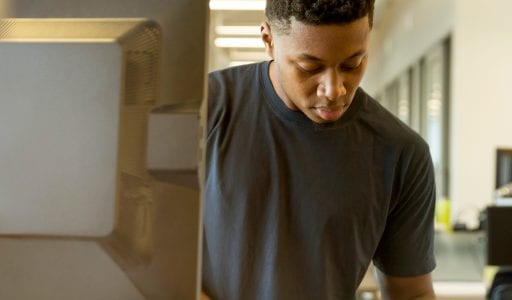
Now don’t get me wrong, I am a good ol’ capitalist. I believe in hard work and that building oneself is an individual choice and responsibility. However, I am also a firm believer in community. We are a historically disenfranchised people and are as strong as our weakest link. I guess I envision so much better for us, economically and in every sense.
The simple solution to start with is, buy black. Sure, the “buying black” movement has been around since the ‘50s. We can and should do more to get the people first to support black businesses. Secondly, teach black people how to pool their resources together for investment purposes.
In Kenya and developing nations, this practice of pooling resources for investment purposes has led to the economic uplifting of families and communities. Groups made up of women lead this movement. These women groups purchase land and cultivate it, they sell produce, build schools e.t.c. they even build apartment blocks for rental purposes!
So, perhaps we should start a program, tailor-made to uplift African American women financially. Black women who benefit from this program will invariably educate this and the next generation about togetherness and financial empowerment. Equipping black women with financial resources will fast track the economic empowerment of the African American community in an unprecedented manner!
Empowerment Experiment
In 2009, Maggie Anderson, and her husband John embarked on a year-long quest to do business with only black entrepreneurs. A lawyer by profession, she left her comfortable space in Chicago’s suburb of Oak Park to support black businesses located in the Westside of Chicago. In conjunction with Northwestern University’s Kellogg Graduate School of Management, the Empowerment Experiment team found out that:
- 60-80% of Hennessey’s buyers were black. Maggie and team could not find evidence of Hennessey doing business with black companies in the United States
- L’Oreal, at the time of their research, had only one black supplier based in France and not one minority business enterprise in the USA. It was in her estimation a travesty, considering that L’Oreal is the manufacturer of ethnic hair and beauty products used by black people, e.g., Dark and Lovely
Maggie shares on her TEDx Talk (June 2014) that various societies treat money in different ways. She says in America:
- In Asian communities, a dollar circulates among the community’s banks, retailers, and business professionals for up to 28 days before it is spent with outsiders.
- In the Jewish community, the circulation is 19 days.
- In predominantly WASP areas, 17 days.
- Hispanics keep their dollar for seven days.
- But in the black community, the dollar lives six hours!
Maggie is the author of “One Year.” She travels the United States championing black businesses and hopes that her efforts to get people to buy black will lead to the creation of 1 million new jobs for black people. Maggie hopes to do that by rallying those that earn an annual income of $75,000 to spend 3-10% of their money on African American businesses per year.
Ultimately, reviving black-owned businesses in economically devastated inner-city communities will help black families and therefore, the United States.
Get started
- https://www.usbcdirectory.com/– United States Black Chambers Inc Directory- The Largest Black Business Directory and Mobile App in the World! Featuring more than 100,000+ Black Businesses
- • https://officialblackwallstreet.com/directory/– Official Black Wall Street- Nationwide black business directory and app with thousands of businesses listed
- http://www.blackownedbiz.com/– Black Owned Biz-
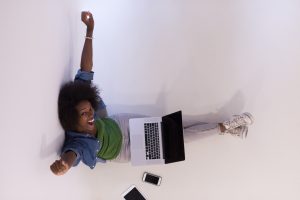
Closing the Gap: Uniting for Equitable Black Generational Wealth
Let’s stand up for fairness, rewrite the rules, and create a world where everyone has a real shot at success.
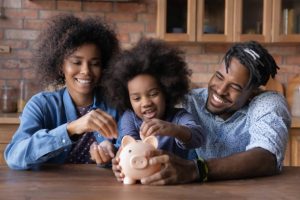
Bridging the Wealth Gap: Efforts Towards Equitable Solutions
Introduction: Bridging the Divide – Understanding the Wealth Gap A Persistent Disparity in Wealth: Unveiling the Divide The landscape of the United States is characterized
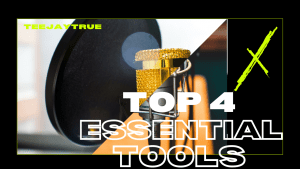
The 4 Essential Tools You NEED for Audiobook Narration
It doesn’t have to be expensive. No need for fancy bells and whistles! It only needs to work.
